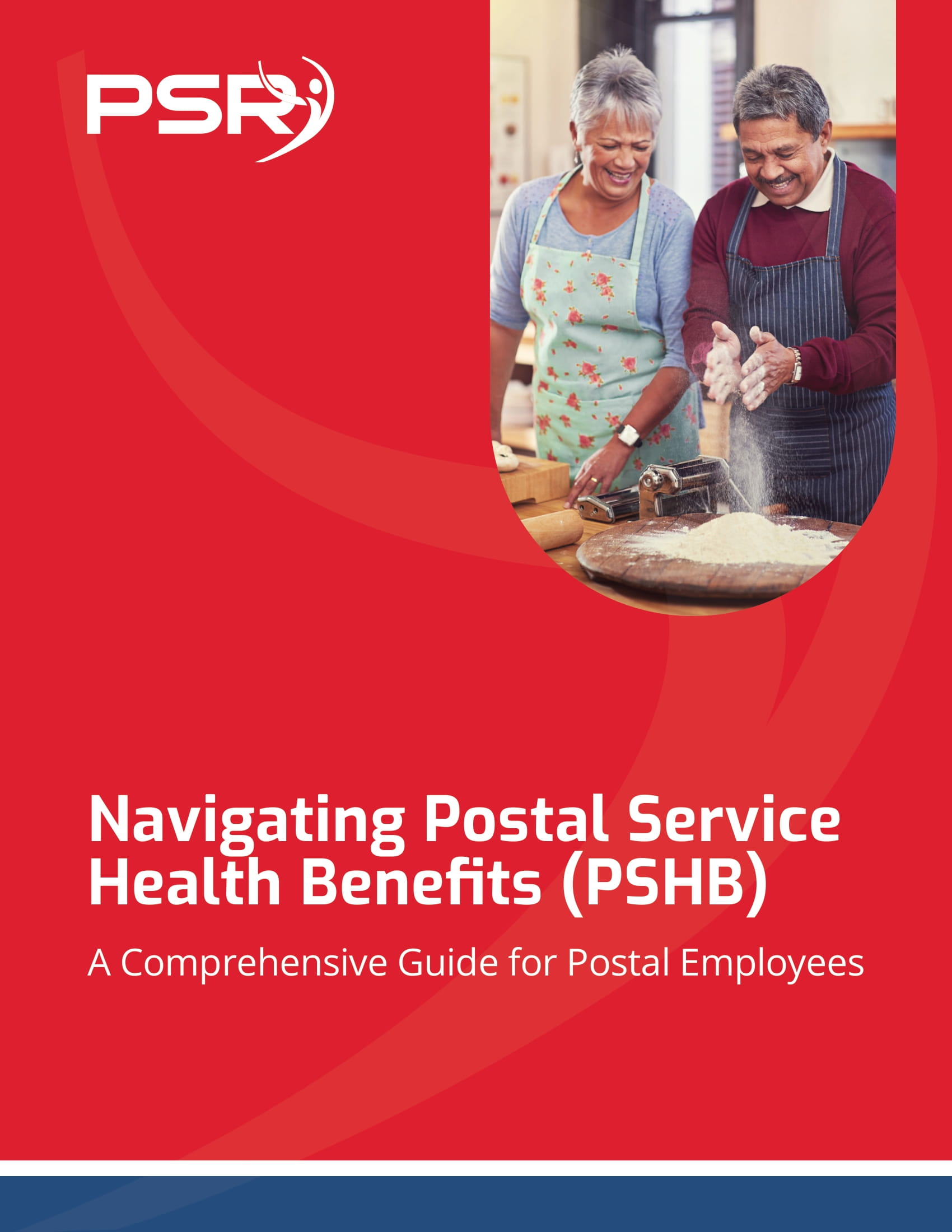What do FEHB and Medicare have to do with the other?
 Americans are living longer and that means going forward we will have an unprecedented number of seniors making up the American population. Unfortunately, as the population ages, we will have a greater need for medical treatment and services – more visits to the doctor and more hospitalizations associated with aging.
Americans are living longer and that means going forward we will have an unprecedented number of seniors making up the American population. Unfortunately, as the population ages, we will have a greater need for medical treatment and services – more visits to the doctor and more hospitalizations associated with aging.
The significant aging population also speaks to a decrease in income and earning capacity among that group due to retirement
- Also Read: Divorce and Your Federal Pension—What Happens When You Split Assets and How It Could Affect Your TSP
- Also Read: What Happens to Your Federal Benefits After Divorce? Here’s the Lowdown
- Also Read: The Best FEHB Plans for 2025: Which One Fits Your Lifestyle and Budget the Best?
One of the greatest increases we face as an aging population is medical costs. One way of keeping your money in your pocket is by making sure your health care needs are covered. It is undeniable that health care will become one of the largest outlays of financial resources as we age.
FEHB will not pay for all our health care needs and neither will Medicare, but having them both should place us in a safe spot. For instance, one of the luxuries of retiring is traveling to other countries for many retirees. If you become ill and need emergency treatment while on travel, your FEHB will cover you, but not Medicare. It is very important to find out exactly what services are covered under your plan, be it FEHB, Medicare or a Medicare Advantage Plan.
Being a federal employee puts you in a very good position as you evaluate your future health care needs. Having the benefit of your FEHB and Medicare just might be one of the safest ways to protect your physical and financial health so that you can retire well.
P. S. Always Remember to Share What You Know.










